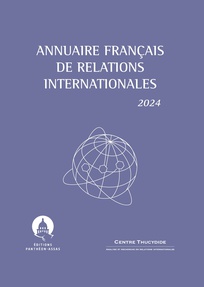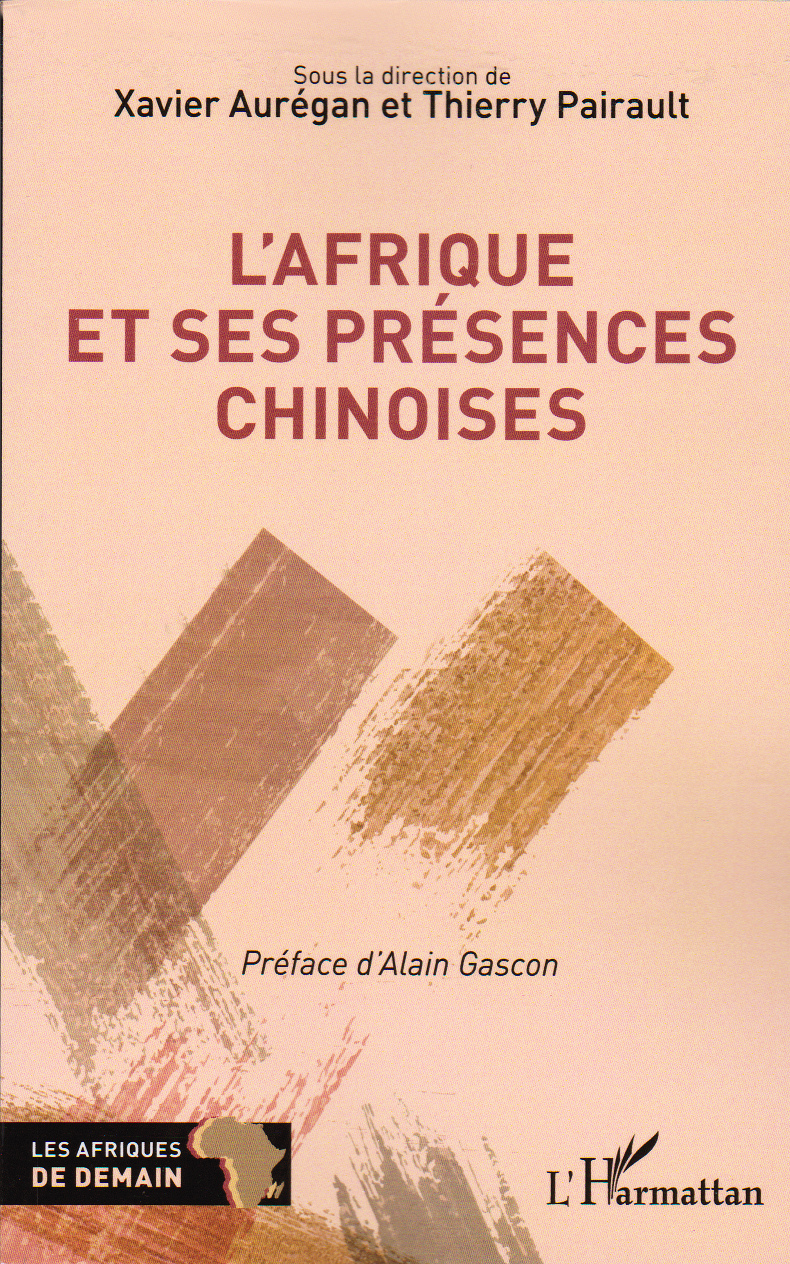China's strategic aims in Africa
2020 Report to Congress of the U.S.-China Economic and Security Review Commission, décembre 2020
Télécharger le chapitre relatif à l'Arique https://www.uscc.gov/sites/defaul...![]()
Télécharger le rapport dans son entier à https://www.uscc.gov/sites/defaul...![]()
![]()
Adresse de la page d'accueil à https://www.uscc.gov/annual-report/2020...
Les rapports au Congrès des États-Unis sont toujours riches d'informations et de références; leur lecture de ce fait est toujours profitable, mais n'impose pas pour autant que l'on doive en accepter obligatoirement les conclusions.
Key Findings
- Beijing has long viewed African countries as occupying a cen- tral position in its efforts to increase China’s global influence and revise the international Over the last two decades, and especially under General Secretary of the Chinese Com- munist Party (CCP) Xi Jinping’s leadership since 2012, Beijing has launched new initiatives to transform Africa into a testing ground for the export of its governance system of state-led eco- nomic growth under one-party, authoritarian rule.
- Beijing uses its influence in Africa to gain preferential access to Africa’s natural resources, open up markets for Chinese exports, and enlist African support for Chinese diplomatic priorities on and beyond the continent. The CCP flexibly tailors its approach to different African countries with the goal of instilling admira- tion and at times emulation of China’s alternative political and governance
- China is dependent on Africa for imports of fossil fuels and commodities constituting critical inputs in emerging technology Beijing has increased its control of African commodi- ties through strategic direct investment in oil fields, mines, and production facilities, as well as through resource-backed loans that call for in-kind payments of commodities. This control threatens the ability of U.S. companies to access key supplies.
- As the top bilateral financier of infrastructure projects across Africa, China plays an important role in addressing the short- age of infrastructure on the continent. China’s financing is opaque and often comes with onerous terms, however, leading to rising concerns of economic exploitation, dependency, and po- litical coercion. Many African countries borrowing from Beijing face growing debt
- China has shown an apparent willingness to leverage its in- fluence in the UN peacekeeping operations (PKOs) system to advance its economic interests in African countries, raising the possibility that Beijing is subverting UN norms and procedures in the process. Beijing also relies on the assistance of African partners and private security contractors to advance its eco- nomic objectives on the
- China’s approach to security engagement allows Beijing to ex- pand its influence in Africa’s security domain while minimiz- ing its visible military presence outside of its UN PKO con- As Beijing’s economic and political influence on the continent grows, it might leverage its security ties to establish another base in the medium to long term, as it did in Djibouti.
Recommendations
Congress require the Office of the U.S. Trade Representative, within 180 days, to prepare a report on China’s use of rules of origin intended to benefit countries eligible for the African Growth and Opportunity Act (AGOA) to ensure AGOA countries obtain the benefit of favorable trade policies and China is not using them to circumvent U.S. trade policies.












